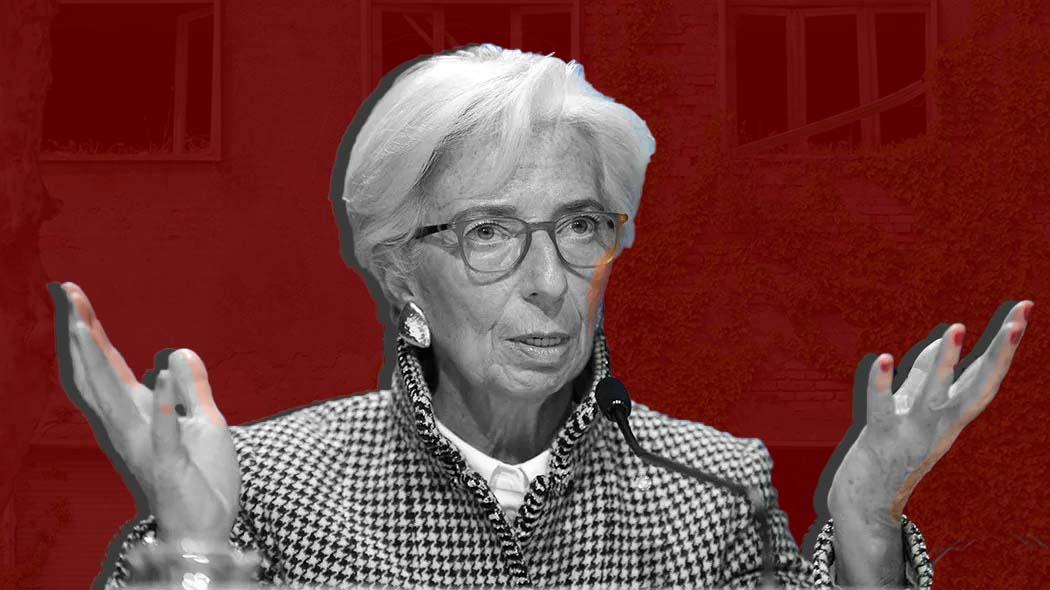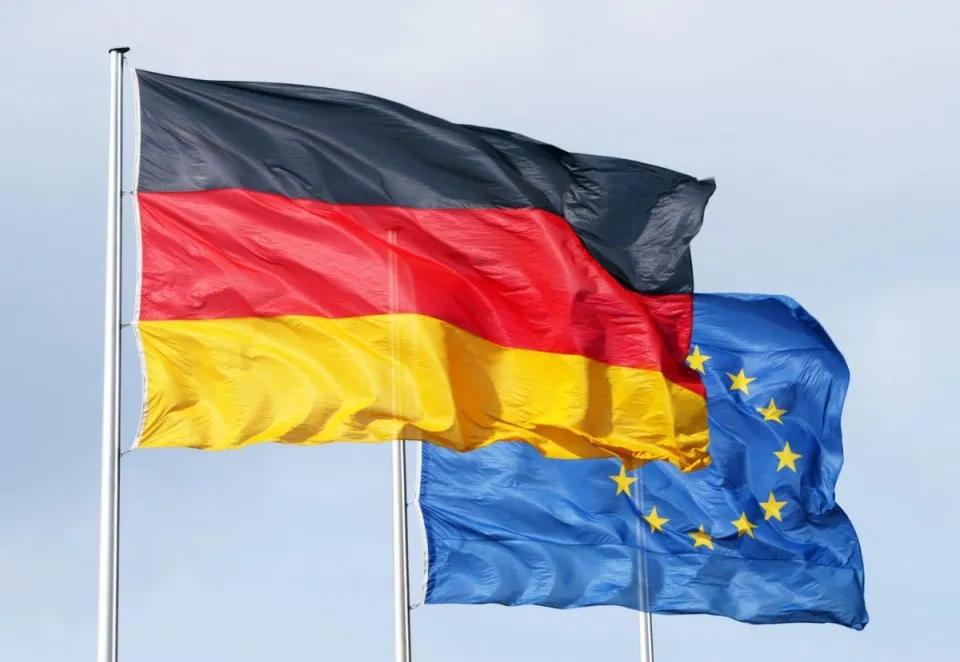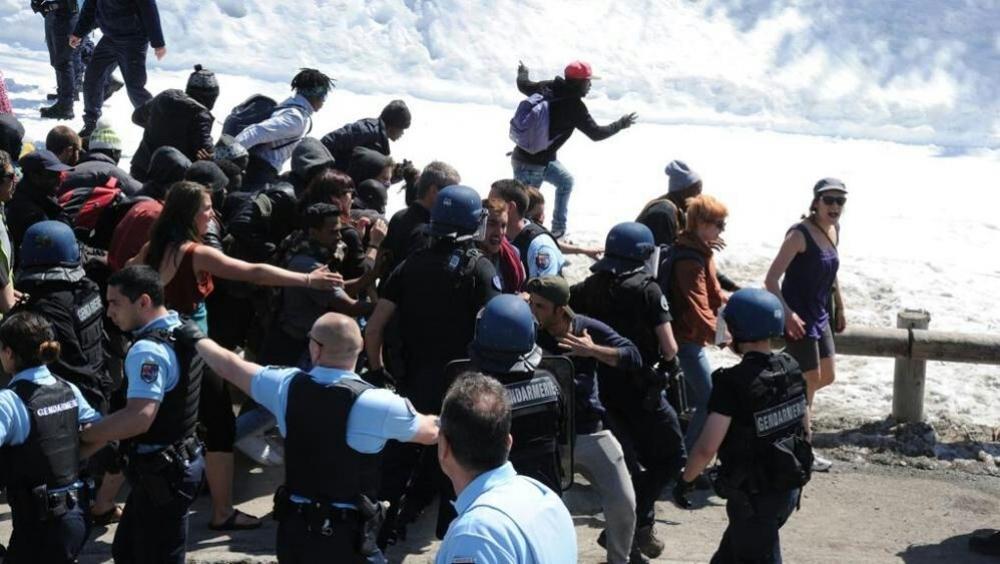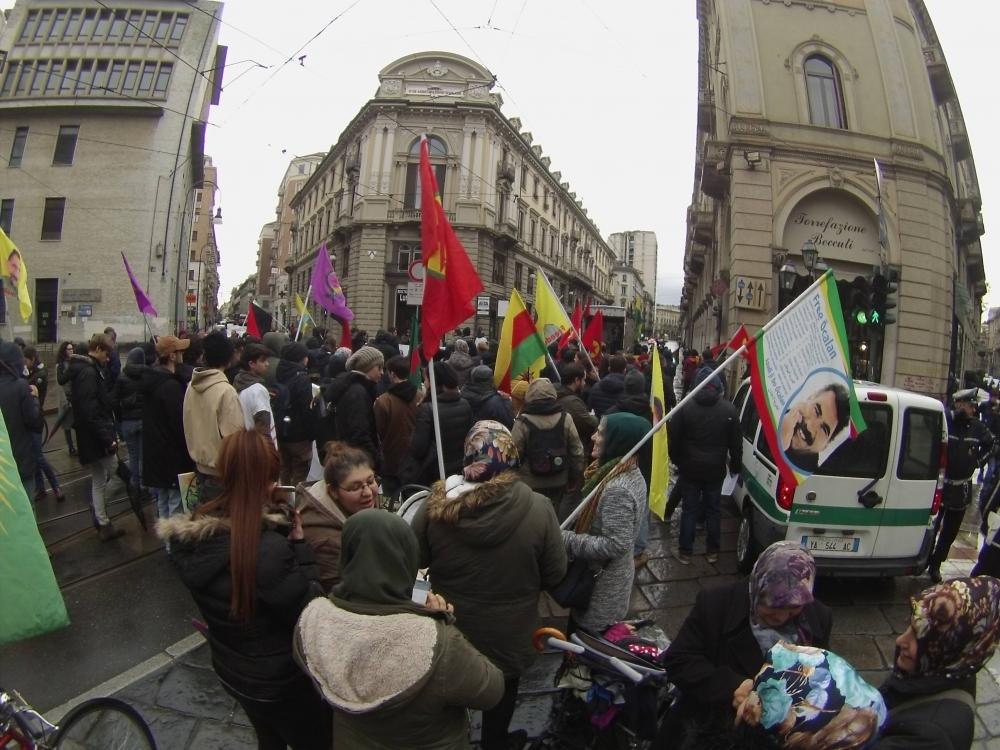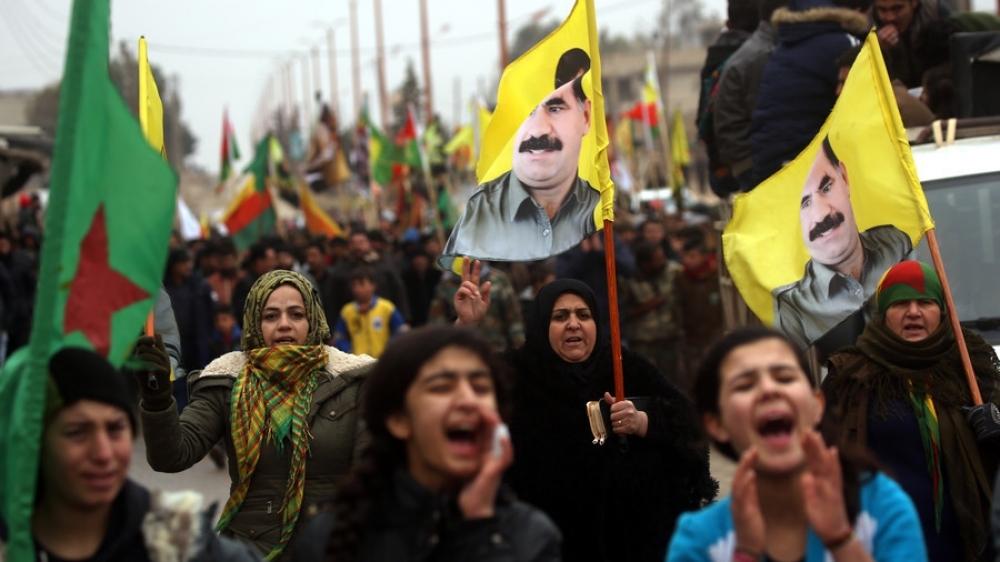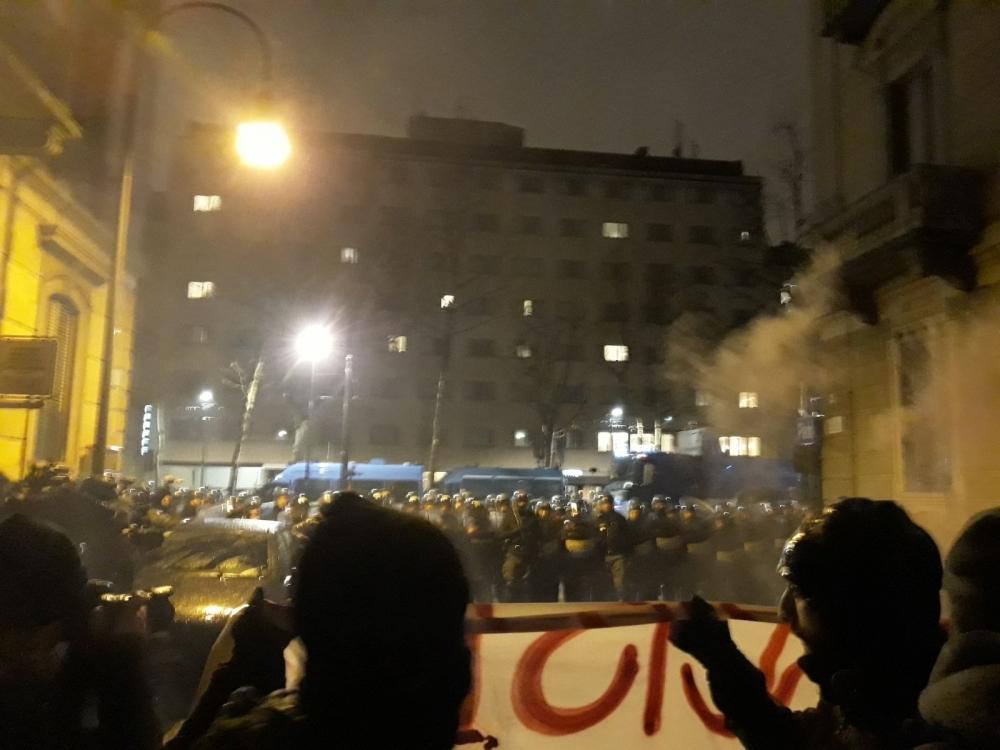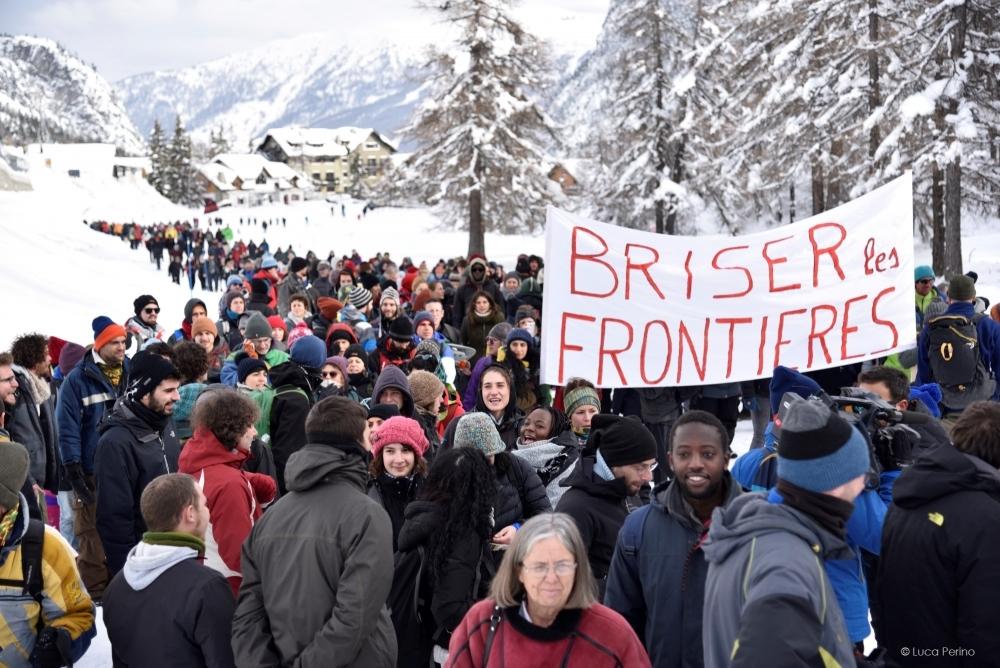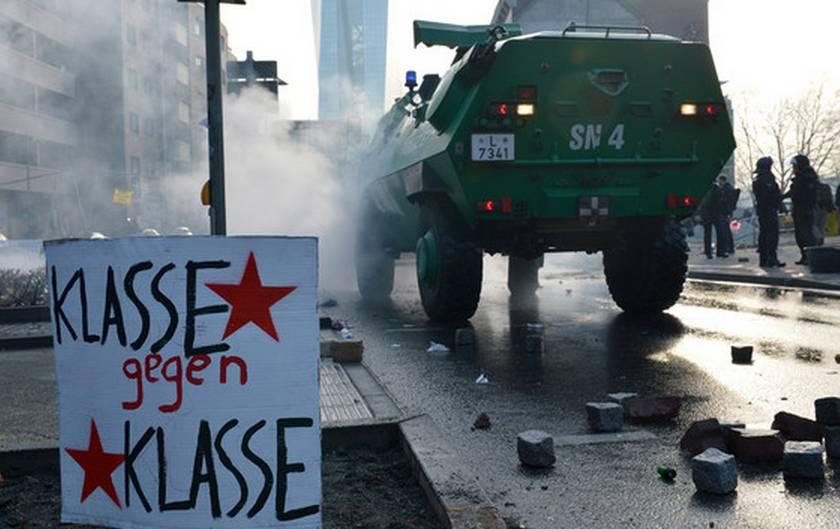
A symbol that can become an occasion. On March 18 against ECB

The composition seen in Frankfurt on March 18, both in the morning of action and blockades and in the march that paraded from the Romemberg in the afternoon, was an heterogeneous, mostly juvenile and precarious one that managed to carry out most of its goals through the morning, in a convergent though fragmentary way. We must necessarily start again from there. The question to be asked today is: who benefits, who benefited from what was produced? Who benefits from March 18? Which are the perspectives that arise from what happened in Frankfurt for whoever endorses, in Europe and beyond, the method described above?
A media uproar was produced around the Blockupy label, which does not convey the complexity of what happened. For media and public opinion Blockupy was the fire engulfing police cars, but also the speech in the afternoon, which was participated by political and trade union rings that, for sure, cannot be fully defined as grassroots ones.
Blockupy was the great march at 5pm, the blockades of city infrastructures, but also a moment of revival of practices and imaginaries of a past of self-representation that was (luckily) defeated, at least here in Italy; and that surely it is not the one to offer any perspectives of relaunch of struggles on a European scale, which need to implement completely different processes of social subjectivization.
Therefore, Blockupy has been a container, and it is certainly not a “movement”; it is an aggregate of labels (party, union and, in a narrower sense, grassroots ones), of individuals, of methods, of completely heterogeneous political strategies that ended up in the same square, in order to declare the common opposition against a powerful enemy like the ECB: but not all the participants of March 18 were organic to its platform and, most assuredly, Blockupy will hardly be a container able to produce a common mobilization on the territories in the future – unless that is conceived as a preparation to the next counter-summit or event.
This raises more and more the need to open new and broad moments of construction, of debate regarding who conceives the movement as something that abolishes the present state of things, that strives and struggles to organize beyond the State, and not to reform it from inside (regardless if this is possible, to what extent and depending on the context).
In order to do that, perhaps it is necessary to start from a theme that has been present for a long time in the Italian dynamics; that is, the breaking of the framework of the event, of the construction of (nonetheless strong) dates of antagonism, that yet remain isolated, unable to work as long-term breaking points of the normal politics of crisis management, unsuitable to build accumulation of strength to bring back on the territories – whereas, on these same territories, there is no social context on which pour it out!
What it does matter is, as always, the method: the issue of extensive and intensive entrenchment [1], in the territories that we daily live in, starting from the identification of social needs and the contradictions that these emphasize, on which to build the disruption and the social subjectivization in an antagonist way. An approach, this one, that conceives the dates, the deadlines, as stepping stones – certainly not as symbols per se, to be left within a mythological aura until the next symbolical appointment. The symbolic, we are the first to say it, has to be intended as an indication of practices, goals, counterparts and project on a more general level, that goes beyond the militant one; the problem is to not let it simply become a self-representation, to bend it to petty interests instead of putting it to the service of the progress of common patterns.
A method shared by many European organizations (and not just them) that actively participated in the March 18 day of struggle, and which does not belong to many others. A method that is necessary, according to us, also to defend the real social struggles that the comrades in Germany daily pursue: for those comrades that stand every day on the territories, facing the certain repression that will arise from the events yesterday, and that surely have the right to run a risk for a real cause of transformation – and not to stir up a process exploited, on other levels such as institutional representation for example, by others.
The day of March 18 was important, listening to the ex post reasonings and discussing on the sidelines with the comrades, also because it does not seem that any discourse of dissociation developed towards some of the practices carried out on that date. Practices that most assuredly are not to be exempted from criticism, even a strong one, practices whose impact in terms of target social subject and of political utility should be assessed.
But it has to be stated beyond any doubt that an identification number certainly makes no difference in terms of police brutality; and that the immediate words of they who proposed again a good/bad demonstrator dichotomy (in a direct reference to the German event after the Cremonese playground [2]) so that we were left without a doubt regarding their determination in showing their compatibility with the institutions must be avoided like the plague!
The crux, as we wrote in our presentation of the #18m, of course always remains that of contextual analysis. Is Europe, for how it has been constitutionally built, reformable from within? Is it possible to do that nowadays, with the current power balances, when a surely interesting and full of perspectives experience like Syriza looks in dire straits in respect to its initial programs?
Today there is the need of being pressing towards closer governments and uncompromising in every way towards more distant ones, starting from the idea that there are no friendly governments, and there will never be any. Therefore, a good day on a symbolical level such as March 18 in Frankfurt can be an occasion only if it will be used as a boost for the construction of an advancement of social struggles. An advancement made of creation and consolidation of paths of autonomy, able to assert their claims without giving up to mediation with a national and transnational power, that closes and breaks such spaces in the name of an homage to orthodox neoliberalism – that each and all of us must contribute to turn upside down.
Infoaut from Frankfurt
[1] “Radicamento” in Italian. In this context, it refers to a process that, starting out from militant inquiry (conricerca) and occupation of social spaces within the capitalist metropolis, builds in its development legitimacy and recognition of autonomous frameworks by the local people, in order to explain and manage territorial issues; a legitimacy that arises, in turn, from democratic, autonomous assemblies that adopt a consensus decisional method – and ultimately works to wrest the sovereignty of the capitalist institutions’ on these same territories, through the collective building of alternative, grassroots ones (“Contropotere”).
[2] A reference to the January 24 demonstration that followed the vile fascist Casa Pound ambush against Emilio, a comrade of the Dordoni Social Centre in Cremona: as happened during March 18 in Frankfurt, some minority reformist party representatives and their proxies condemned then the direct action carried out by most demonstrators, trying to present themselves as the righteous and peaceful ones – in a contemptuous and hostile manner towards the platform on which both demos were called.
Ti è piaciuto questo articolo? Infoaut è un network indipendente che si basa sul lavoro volontario e militante di molte persone. Puoi darci una mano diffondendo i nostri articoli, approfondimenti e reportage ad un pubblico il più vasto possibile e supportarci iscrivendoti al nostro canale telegram, o seguendo le nostre pagine social di facebook, instagram e youtube.












